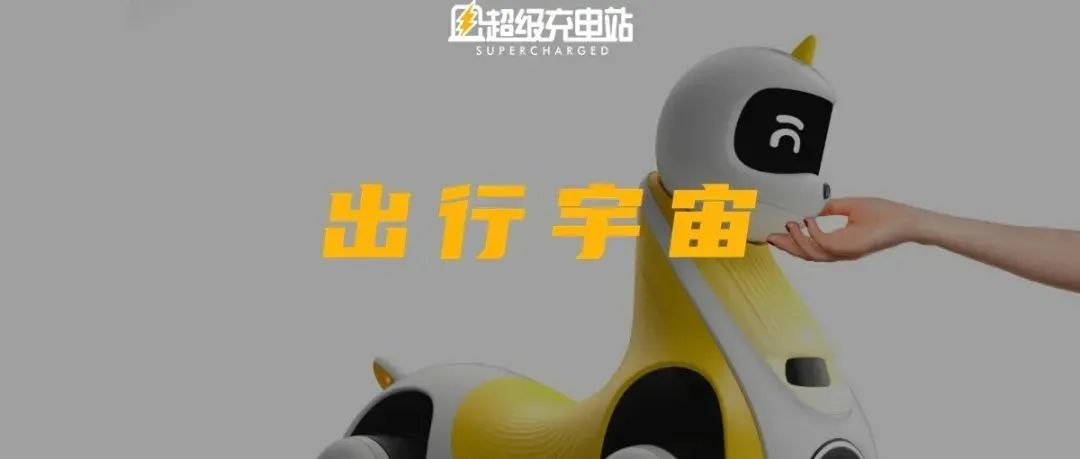Author: Chang Yan
According to the percentage calculation, at XPeng 1024 Technology Day conference in 2021, Henry XPeng didn’t talk much about cars.
Even sitting in the front row of the conference, my attention was all on the non-car products.
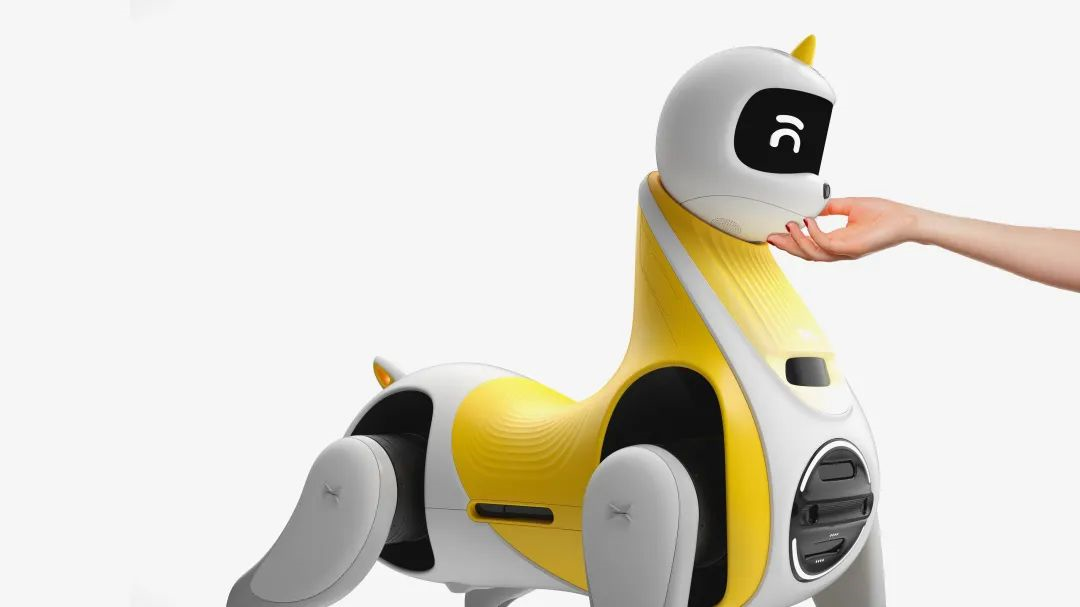
Whether it’s an intelligent machine horse that can cross the room or a flying car that swears to be delivered in 2024.
Using a topic that’s very old-fashioned in the entertainment industry, Henry XPeng this time is more like making a universe for travel.
The most surprising thing is that this conference successfully turned a series of seemingly unreliable things from before into a very reliable-looking one.
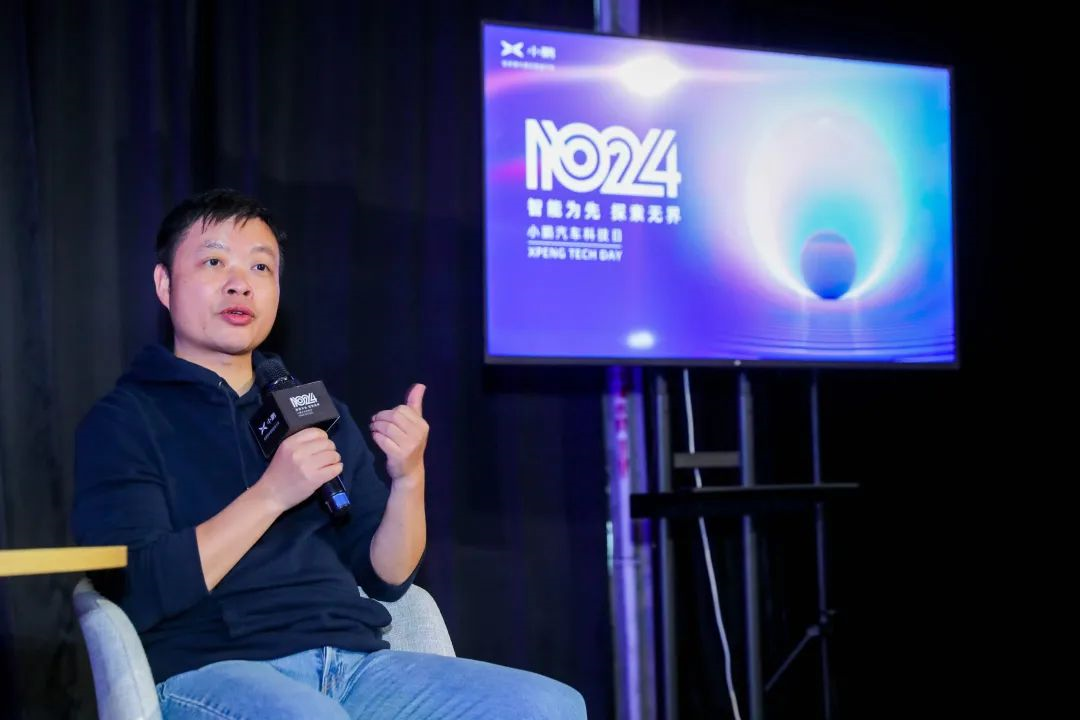
I think there is a good example that can explain the success of this change: in an interview after a “car company” conference, you can’t even hear a few questions related to cars.
What is XPeng’s Essence?
The travel world in recent years is a world that gradually turns from “unbelievable” to “believable”.
Before, it was much harder to make people believe that a car company is a tech company than it is now for a tech company to convince people that they can be a car company.
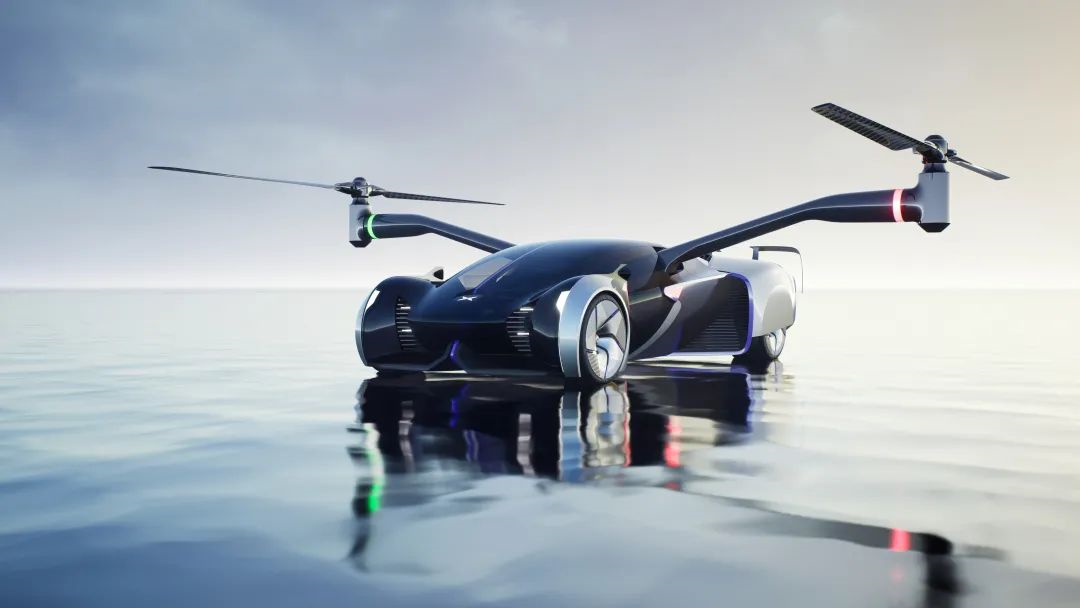
For example, when XPeng first said that they were a tech company, the only thing he could use as an example might have been the large central control screen of G3. But by only the third Technology Day, XPeng was able to give wings to cars.
As Henry XPeng said, “Three years ago, when we first held the Technology Day, nobody believed. The first thing we need to do is to believe in ourselves, then persist, then gradually some friends will believe, and then more friends, gradually talk about what we have done, and then do it. Doing what we said is the most important thing, it is a long-term process, and it takes many years of hard work.”
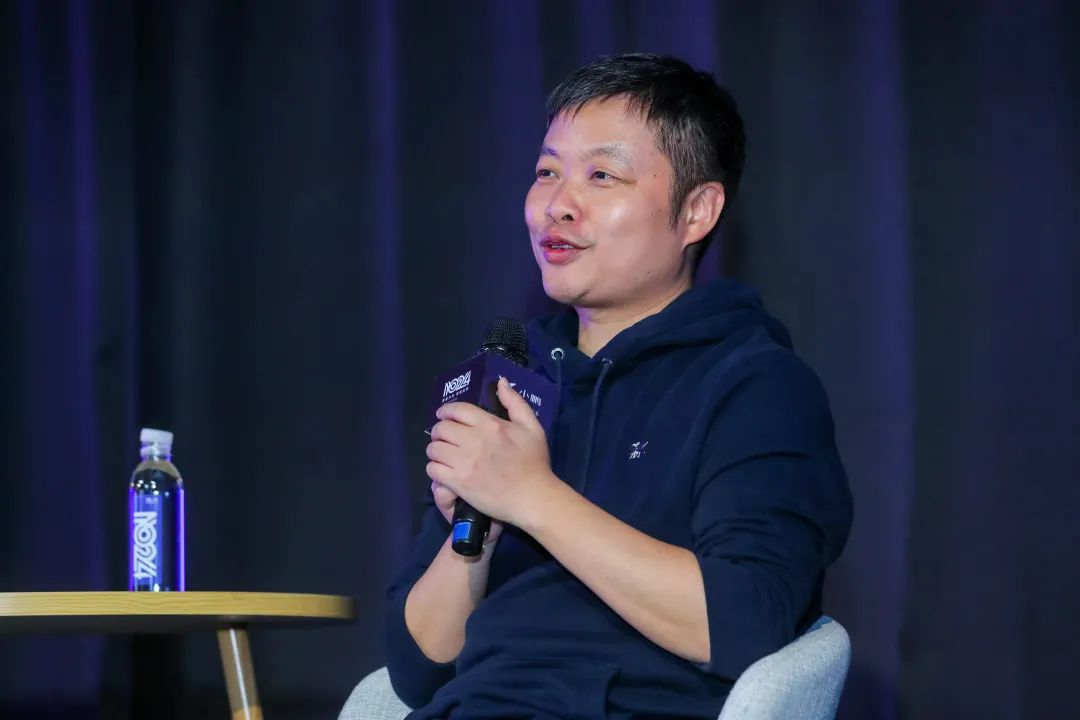
In my impression, Henry XPeng has always been plain and direct in his way of speaking, easy to understand, straight to the point. But this time, he finally used such a metaphysical metaphor as “Form follows Essence” to prove this truth.
XPeng believes that Form is something external that can be seen, while Essence is something internal and essential. “This is even more fundamental than the Tao.” A tech company is XPeng’s DNA, which determines XPeng’s choices in different cultures and strategies in the future.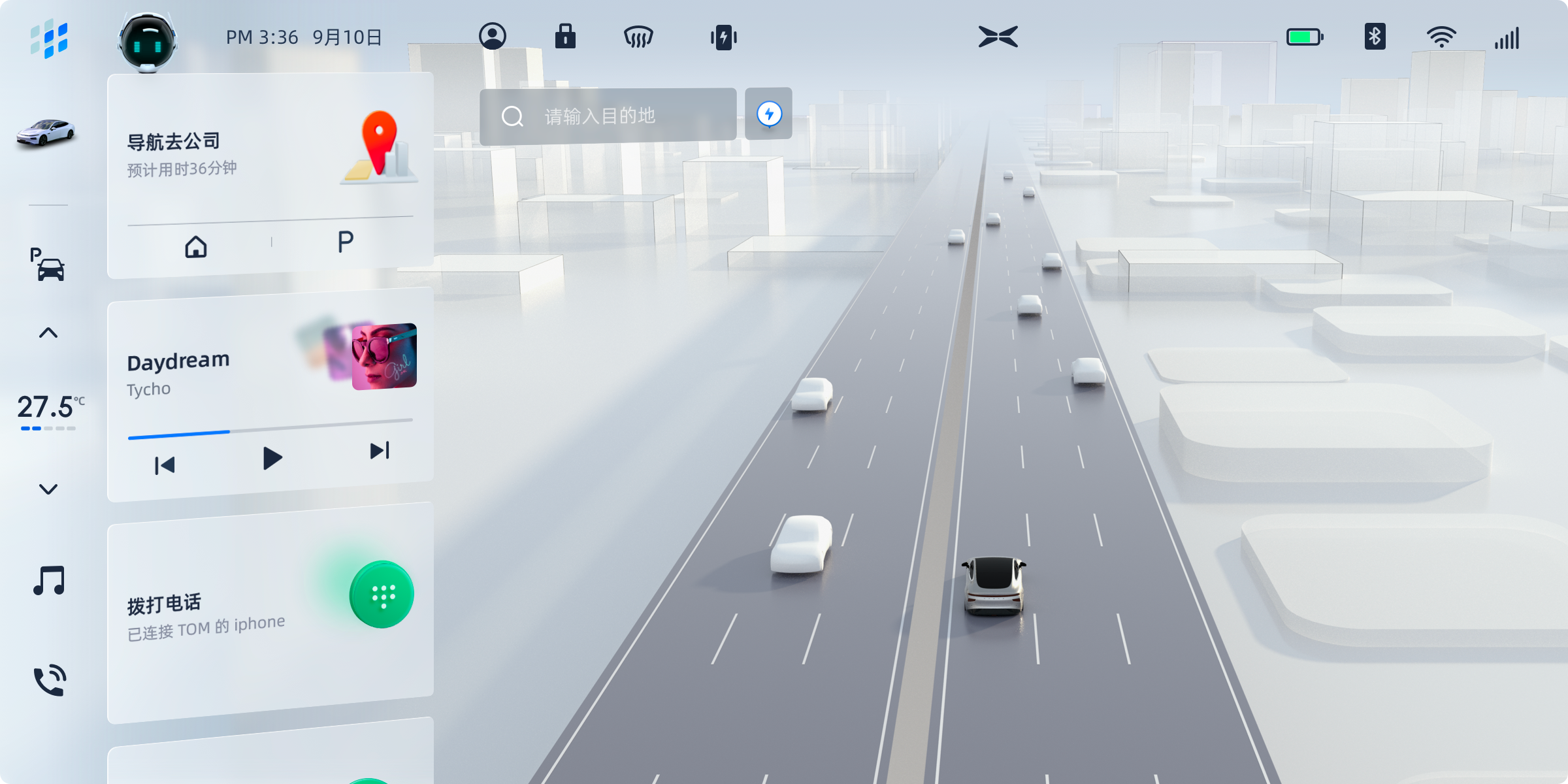
Of course, there is still plenty of time for XPeng to make his choices, and the possibilities for the evolution of the transportation ecosystem in the future are enormous, with XPeng even seeing the internet as a form of transportation – a digital one. After satisfying basic physiological needs such as food and warmth, transportation is becoming an increasingly important issue.
Technology and transportation are not mutually exclusive, on the contrary, the combination of technology + transportation can give birth to many great ideas.
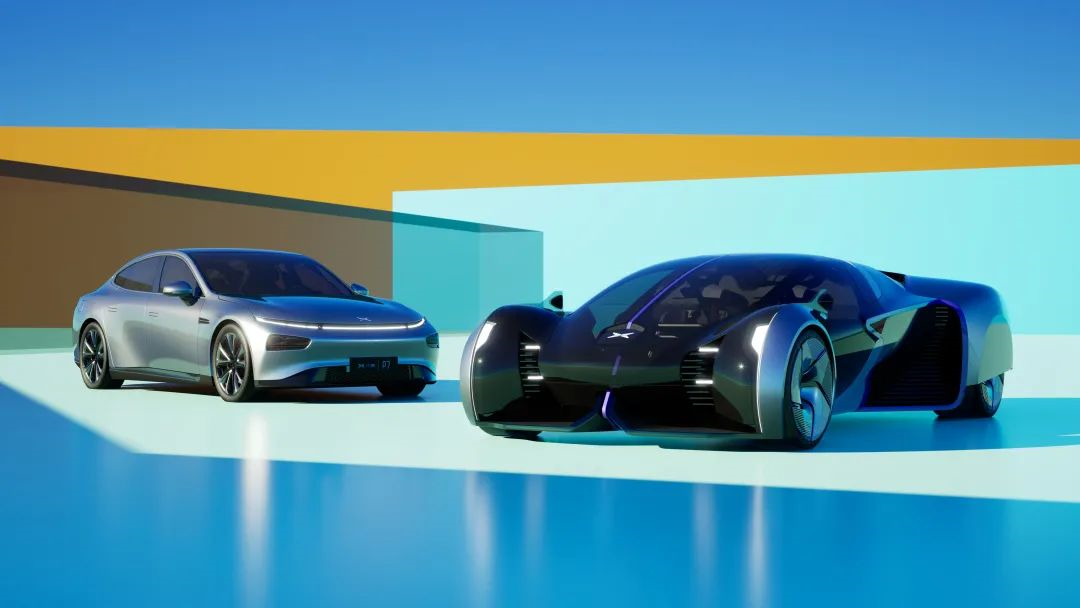
This underlying awareness determines XPeng’s investment in different technologies and paths. The core, important, minor, and unimportant aspects of a company are like the different levels of a hurricane. “The closer to the eye of the hurricane, the more investment we make, and the longer the investment. It is a dynamic process, and continuous investment is required in the most significant areas, while resources will decrease in areas where little technological potential is seen.
“In giving up something, Xiao Peng gains something, and we must also give up something. Otherwise, if we are not willing to give up anything, the company will collapse.”
XPeng’s Rules of Engagement
I don’t know if it’s because they are both fellow townspeople, or because of their frequent business collaboration, but every time I interview XPeng He, someone asks a few questions about Lei Jun and Xiaomi.
A few years ago, when I attended a Xiaomi event, someone gave me a book called “Xiaomi’s Ecological Chain Field Notes”. This series of releases, apart from a faint hint of the XPeng ecosystem, also has a lot of “rules of engagement.”
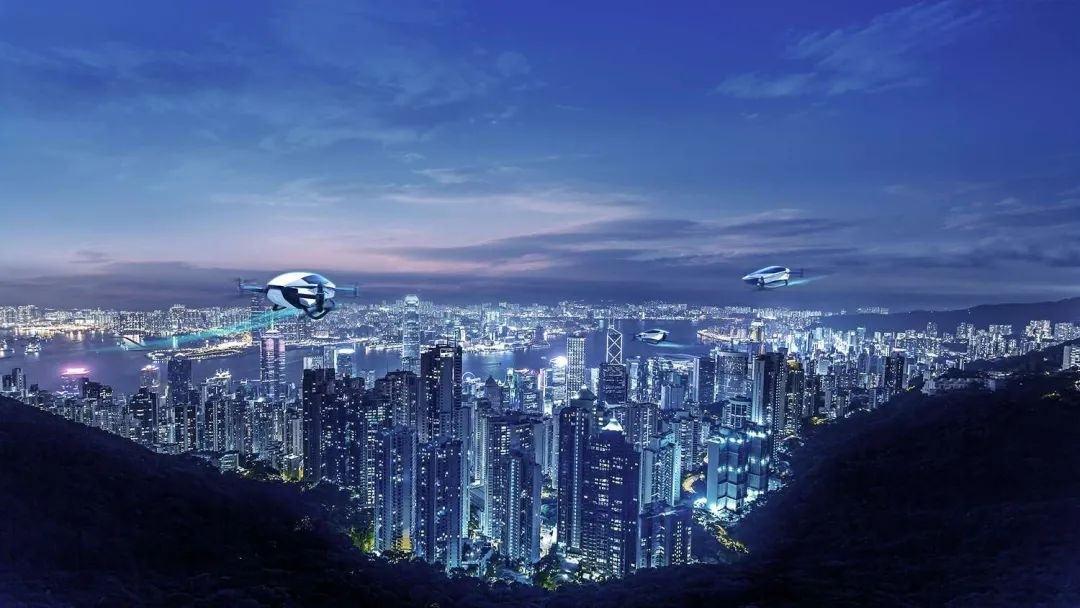
The reason why it is called “warfare” is because XPeng said: “(Anyone) has the opportunity (to build cars), but for us, we are much smaller than them (Xiaomi and traditional car companies), so we are forced to think farther, have greater pressure, and run faster.”
Exploration also means failure, and quick adjustments need to be made in the path to productization and commercialization. “Startups are about doing things differently, just like we each have to be different people.”

Therefore, XPeng’s approach requires gradual logic. “There are two plans for pace. One is to skip the middle stages in one go and go directly to the larger stage. The other is to take five or six steps. We may be more inclined to the latter.””I think the majority of innovative thinking is correct at a macro level but incorrect at a micro level. If you want to see the distant future, like latitude and longitude, you don’t know the exact coordinates, so you need to adjust your direction through the process of constant forward movement, possibly only by 3% or 5%, but this is important, and this is the process of entrepreneurship.”

Other than time and cost, the pace is constrained by the rapid changes in technological and societal advancements.
In an interview, He XPeng frequently says, not how clear his vision is for the future, but rather “I don’t dare to say what will happen X years later.”
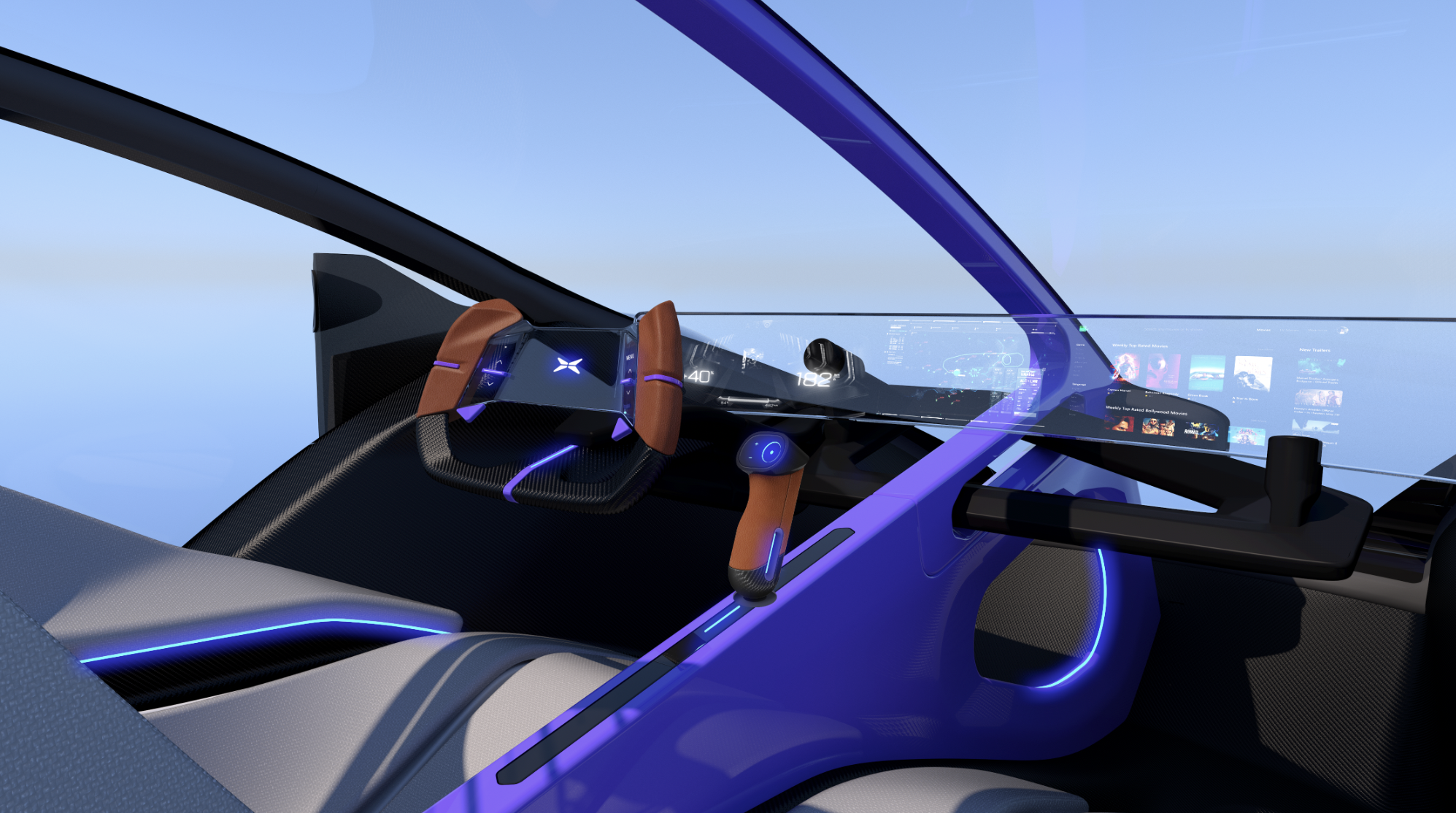
“My macro view of ten years doesn’t have a specific framework. The reason I can’t think of anything is that the change in technology is too rapid and exceeds my imagination.”
Therefore, XPeng believes that Xiaomi has done a great job in hardware ecology, “but it is difficult in the transportation field.” XPeng will pave a new path, “and we will share it with you after a few more years when we open up the situation a bit more.”
What kind of transportation is needed for the Fourth Industrial Revolution?
When I heard the term “industrial revolution” during XPeng’s interview, I also thought it was quite retro.
However, this term is used to illustrate the significance of the intelligent transformation of automobiles.
He XPeng believes that there are two core changes in each of the first three industrial revolutions: energy and the way energy is used.
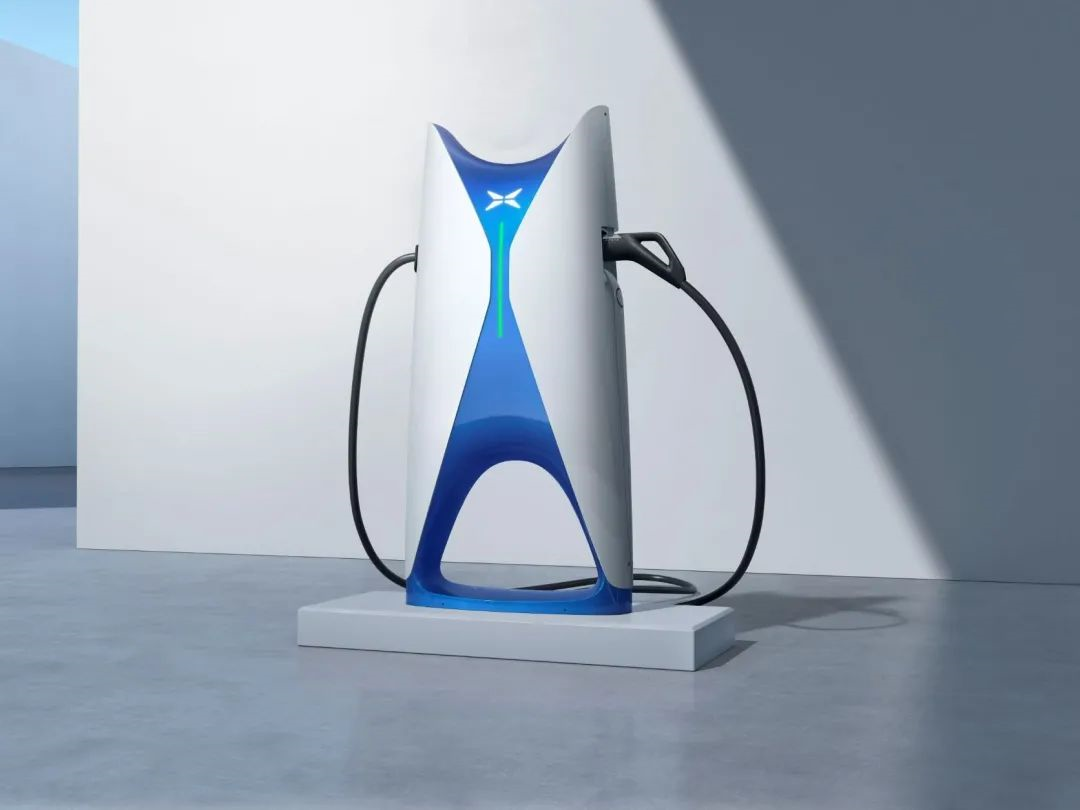
The first industrial revolution had steam/coal and steam engines, the second industrial revolution had electricity/petrol and internal combustion engines/electric motors, and the third industrial revolution had data and chips.
So what about the fourth industrial revolution? It’s artificial intelligence/the internet and software manufacturing/hardware manufacturing.
The underlying logic is gradually being rewritten. Just like how we now talk about clean electricity and the original electricity are not the same thing, this will also bring about a comprehensive subversion of transportation methods. “I think the next 50 years will be more exciting than we can imagine.”
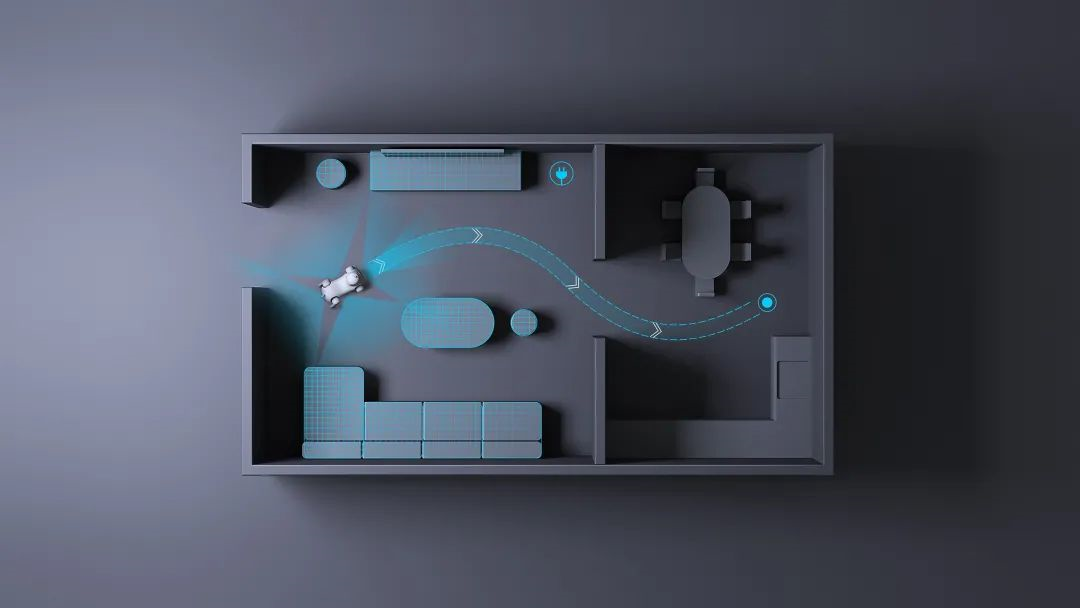
And the most critical thing, according to He XPeng, “is to deeply and well-develop the two capabilities of AI and manufacturing, and gradually make China and the world better.””I think XPeng is still a relatively small company and has not yet reached the platform or three-dimensional ecosystem they claim. In my opinion, they have not even reached the ecosystem I have truly seen, but they have all built a strong network effect. We expect to have our own ecosystem in the future, but it will take 5-15 years, and maybe at that time we can share more. “
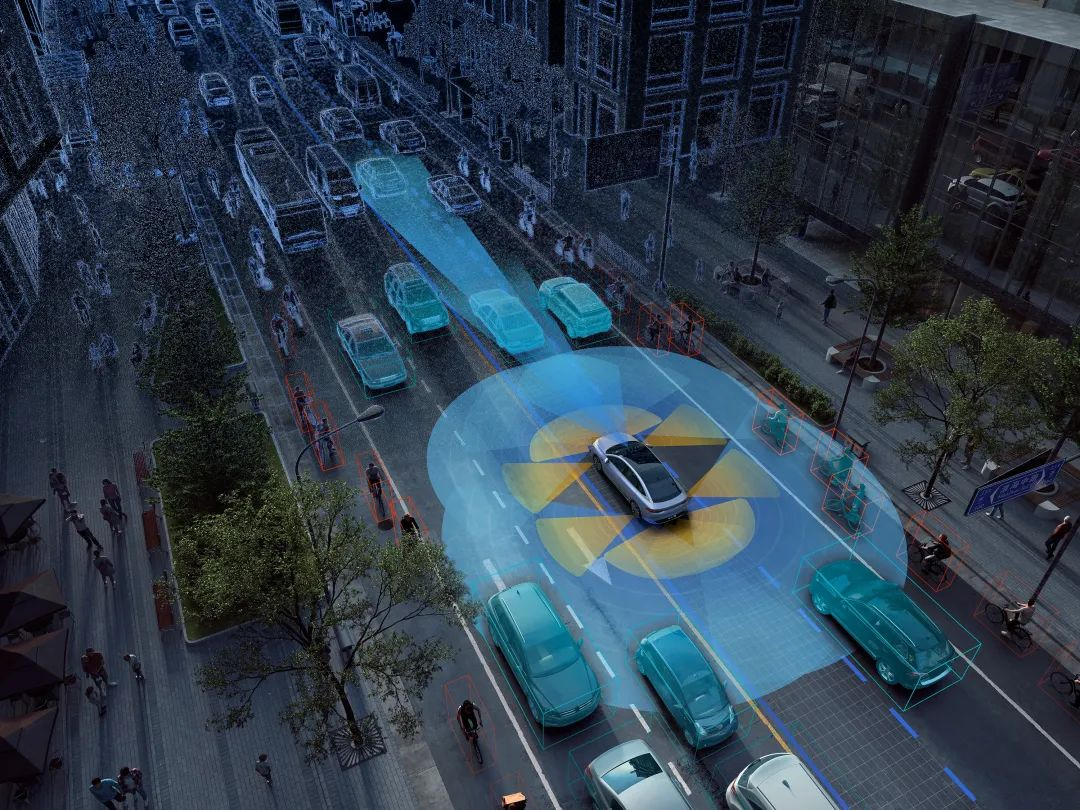
“Because it is a large macro strategic layout, it is difficult to associate with XPeng today. But after three to five years, what XPeng is doing will have more connections with what they are doing four to five years later. At that time, we can see things that are 10 times cooler than today.”
“If it weren’t for responding to the call of the entire country, investing in such a difficult, high-investment, long-term product a few years ago, many venture capitalists would not have dared to make this track a more important one in hard technology, Industry 4.0, and global innovation. We have the opportunity.”

The underlying connection of this network will also gradually become clear. In addition to shallow financial relationships, there are more in-depth common evolutions in areas such as software, dynamics, and materials science.
The topic of our debate was also thrown to He XPeng: If you have a time machine, would you like to be sent to the world 50 years later?
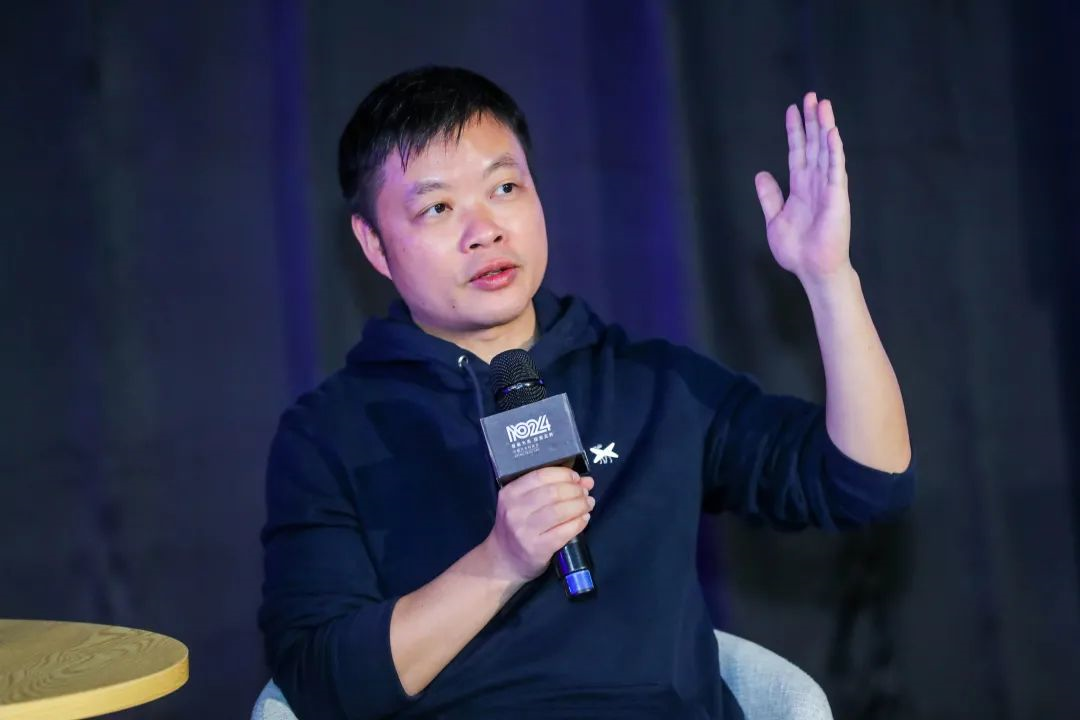
“In my current state, I don’t want to go, I want to live until 50 years later, not be sent to 50 years later.”
This article is a translation by ChatGPT of a Chinese report from 42HOW. If you have any questions about it, please email bd@42how.com.
